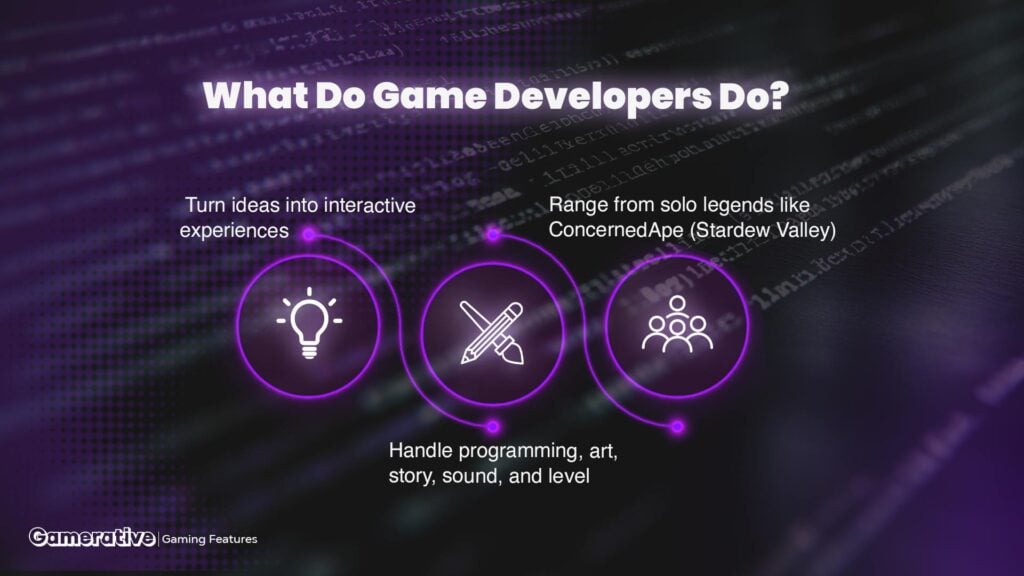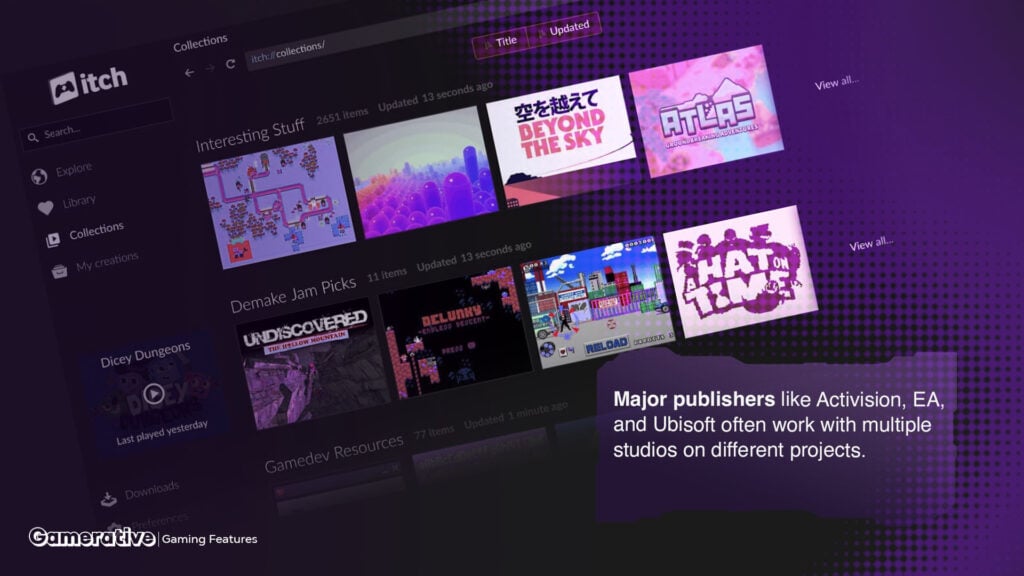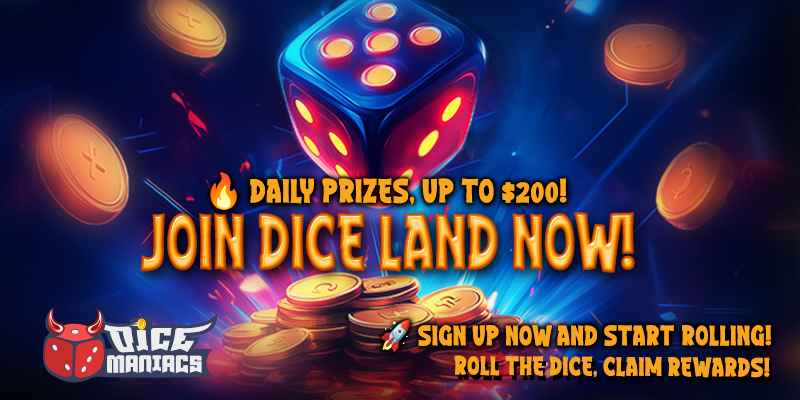Back when we were first getting into video games, we’d argue for hours about studios and logos flashing across the screen: “Did Naughty Dog make Uncharted or just publish it? Who’s behind Stardew Valley?” Turns out, a lot happens behind the scenes. The gaming industry is shaped by two groups: game publishers and developers, each with unique, vital roles. Let’s break it down, share some stories, and clear up a question almost every gamer has had: Game Publishers vs Developers; who actually makes your favorite games?

Game Publishers vs Developers
Staring down the credits after a long campaign, you’ll spot hundreds of names and company logos. Here’s the scoop: game developers are the creative builders, turning ideas into worlds you can play in, while publishers are the business folks who help get those games out to us, the players. Understanding how both sides work not only builds respect for what it takes to make a game but also helps us know why some launches soar and others stumble.
1. Introduction: Why Understanding Roles in Gaming Matters
We’ve all seen debates rage online about who to thank, or blame, for a game’s success or flop. The truth is, the line between developer and publisher shapes what games make it to our screens and how they look and play. By the end of this guide, you’ll spot the difference a mile away.
2. Who Are Game Developers?
At the heart of every game is a developer (or a whole team of them). These folks do the coding, art, writing, and design, from indie heroes like ConcernedApe (creator of Stardew Valley) to blockbuster crews at Naughty Dog (The Last of Us) and Supergiant Games (Hades). Sometimes it’s one person with a laptop, sometimes it’s hundreds spread across the globe.

- Publishers often set the deadlines and milestones that developers need to meet.
3. What Do Video Game Publishers Do?
While devs tinker and dream, publishers handle the business nuts and bolts: funding, marketing, PR, digital and retail releases, ESRB ratings, even localization. Think of names like Electronic Arts, Ubisoft, or Devolver Digital. They make sure everyone knows about your game and that it actually gets into your hands.

4. Publisher vs Developer: Main Differences
Let’s simplify the comparison of game publishers vs developers: It’s like builders vs. marketers:
| Developer | Publisher | |
| Role | Make the game (design, code, art, sound) | Fund, market, distribute, support |
| Key Focus | Creativity, mechanics, story | Business, reach, legal, logistics |
Both are vital, but their daily jobs couldn’t be more different.
5. How Do Publishers and Developers Work Together?
Collaboration is the name of the game. Usually, publishers often set milestone-based contracts, while developers transform money and ideas into games. Major publishers often have in-house studios (like EA’s BioWare). Sometimes, small studios self-publish, skipping the middleman entirely.

6. Can Developers Publish Their Own Games? (Self-Publishing)
Thanks to platforms like Steam and itch.io, self-publishing is booming. Pros: full creative freedom, direct fan relationships, bigger cut of sales. Cons: risk, long hours, the marketing grind. Indie hits like Undertale and Celeste show it’s possible, if you’re ready for double-duty as creator and business manager. Self-publishing success is more feasible now due to crowdfunding (e.g., Kickstarter) and platform tools like Unity/Unreal.
7. Publisher Influence: The Pros and Cons
Continuing our discussion about game publishers vs developers, publishers bring massive perks: funding, marketing muscle, and global reach. But there’s a flip side. Sometimes, publishers set creative limits, push for deadlines, or make tough calls about in-game purchases and DLC. That balance shapes games in ways we don’t always see…until launch day.
8. Famous Publisher/Developer Partnerships
Some combos just work:
- Nintendo & Game Freak: Pokémon’s rise to global fame.
- Activision & Infinity Ward: Call of Duty’s blockbuster formula.
It’s these teams, often crossing continents, that make gaming so exciting (and sometimes unpredictable).

- Publishers help secure retail presence, online store listings, and promotional campaigns.
9. Final Word: Why Knowing the Difference Matters as a Player
To finish our discussion about game publishers vs developers, we advise you that next time you catch a credits scroll or spot a shiny game logo, think about the teamwork behind every title. Publishers and developers each play a unique role; one creative, one commercial, that brings entertainment to our screens. Keep an eye on those credits and support both camps. Which studios, devs, or publishers do you follow, and why? Chat with us in the comments!
Learn about the inside out of video games world and industry via Gamerative.
FAQs: Who Gets Credit for a Game’s Success (or Failure)?
Q1: Why do some game boxes list the publisher’s name bigger than the developer’s?
Publishers often have more brand recognition and handle the marketing, so their logos take center stage.
Q2: Can a developer lose the rights to their creations?
Yes, if a publisher owns the intellectual property (IP), they control sequels and merchandising, even if the original dev leaves.
Q3: Do publishers choose what goes into deluxe or special editions?
Usually! Publishers plan packaging, bonuses, and collector’s items, but devs help decide what’s included.
Q4: Who sets prices and sales for games?
Generally, publishers decide pricing, discounts, and when a game goes on sale digitally or in stores.




